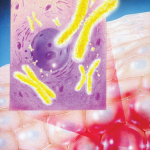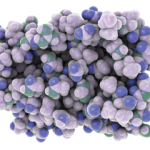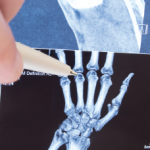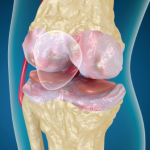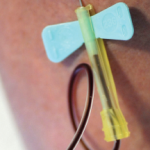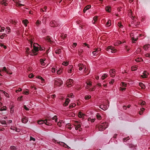Currently, treatment options for patients with peripheral spondyloarthritis, which includes psoriatic arthritis and non-psoriatic types, are limited. Philippe Carron, MD, Department of Rheumatology, Ghent University Hospital, Belgium, says, “One of the problems we encounter in the daily management of peripheral spondyloarthritis is that we have no other therapeutic options in patients refractory to NSAIDs [non-steroidal…

